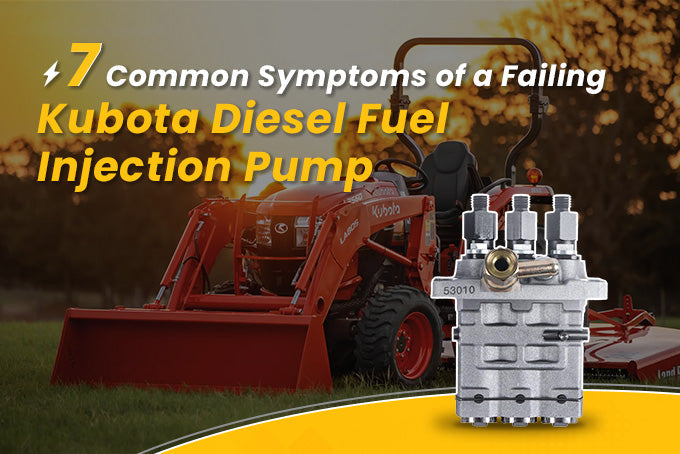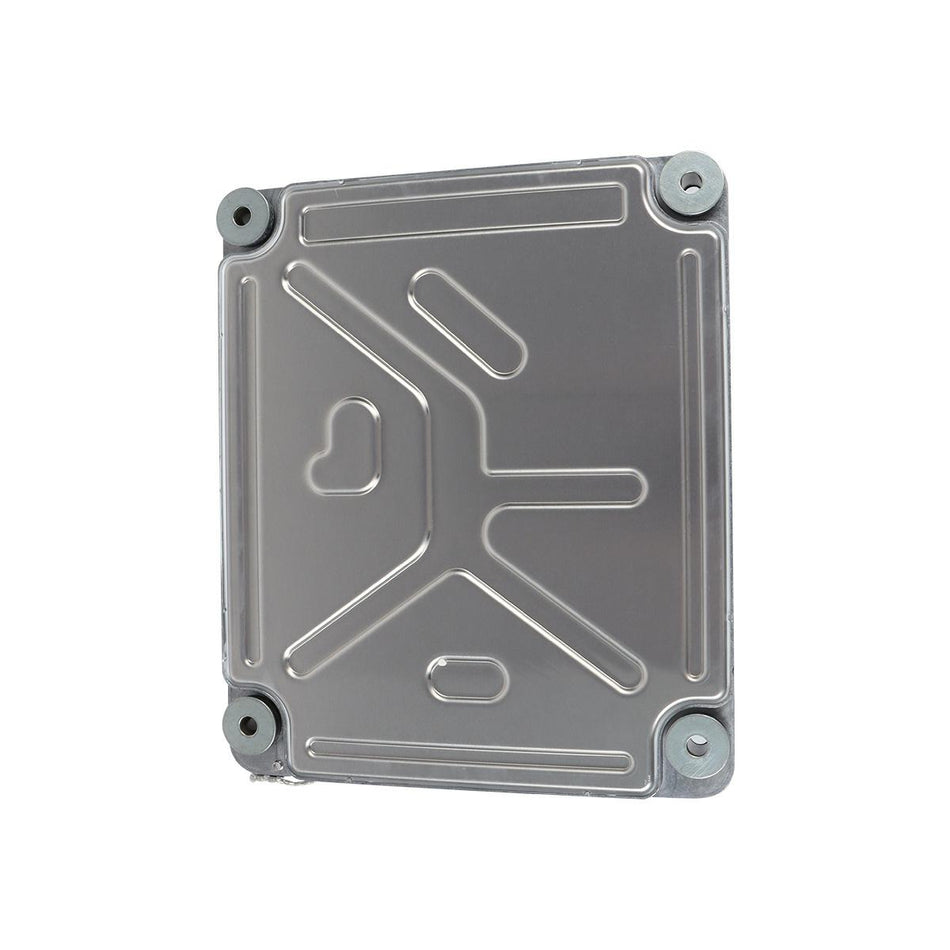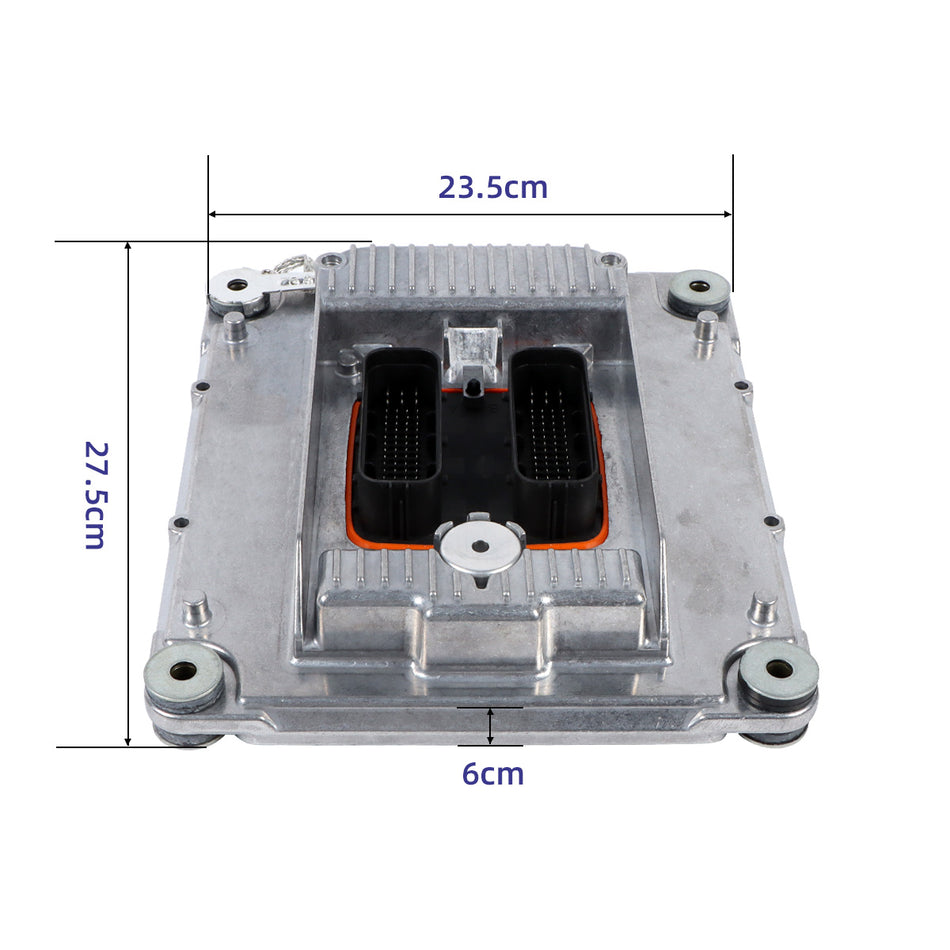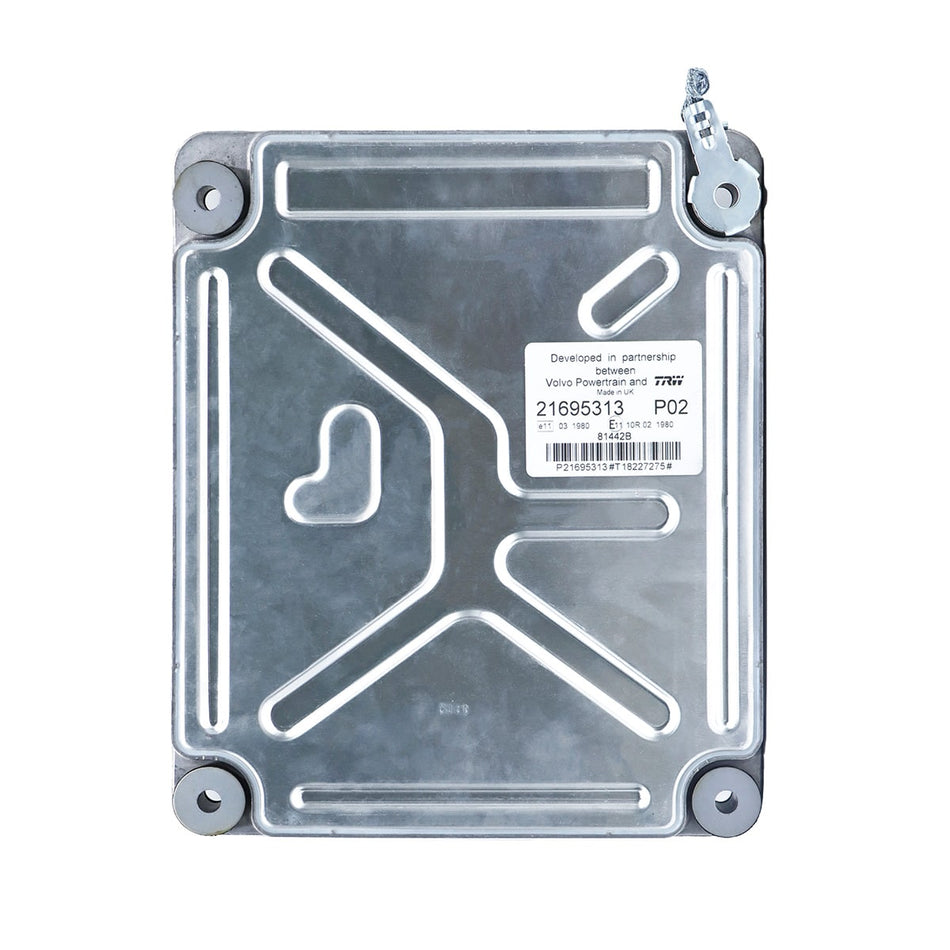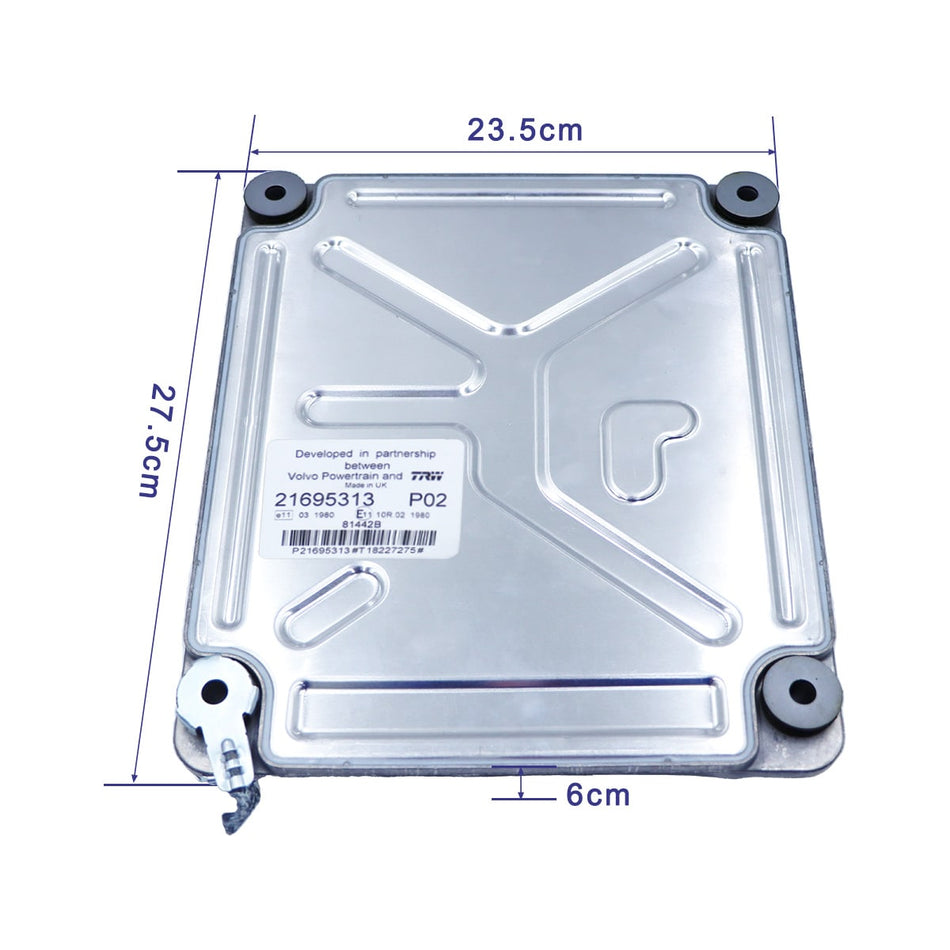The sealing performance of the cylinder head has a great influence on the technical condition of the engine. When the cylinder head is not tightly sealed, the cylinder will leak air, resulting in insufficient compression pressure of the cylinder, lower temperature and reduced air quality. When the air leakage of the cylinder is serious, the engine power will be significantly reduced, and even it will not work. Therefore, if a power down fault occurs during engine operation, in addition to finding out the related fault cause that affects the engine power down, it is also necessary to check whether the cylinder head sealing performance is good. The following will analyze the main reasons that affect the sealing performance of the engine cylinder head for reference.

1. Improper use and installation of cylinder head gasket
The cylinder gasket is installed between the engine cylinder block and the cylinder head. Its function is to ensure the sealing of the combustion chamber and prevent the leakage of gas, cooling water and lubricating oil. Therefore, the unsuitable use and installation of the cylinder head gasket directly affects the sealing reliability of the cylinder head and the service life of the cylinder head gasket. In order to ensure the sealing quality, the selected cylinder gasket must have the same specifications and thickness as the original cylinder, the surface should be flat, the hem is firmly attached, and there are no scratches, dents, wrinkles and rust. Otherwise, it will affect the sealing quality of the cylinder head.
2. Slight runout of cylinder head
The slight bounce of the cylinder head is the result of the cylinder head trying to separate from the cylinder block under the effect of compression and combustion pressure. These pressures lengthen the cylinder head connecting bolts, thus causing a slight jump of the cylinder head relative to the cylinder block. This slight bounce will cause the cylinder head gasket to relax and compress, thereby speeding up the damage of the cylinder head gasket and affecting its sealing performance.

3. The connecting bolt of the cylinder head does not reach the specified torque value
If the cylinder head connecting bolts are not tightened to the specified torque value, the wear of the cylinder head gasket caused by this slight jump will occur faster and more severely. If the connecting bolt is too loose, it will cause the amount of runout of the cylinder head relative to the cylinder block to increase. If the connecting bolt is over-tightened, the stress of the connecting bolt will exceed its yield strength limit, resulting in the lengthening of the connecting bolt exceeding its design tolerance, which will also cause the jump of the cylinder head to increase To accelerate the wear of the cylinder head gasket. Using the correct torque specified value and tightening the connecting bolts in the correct order can minimize the jump of the cylinder head relative to the cylinder block, thereby ensuring the sealing quality of the cylinder head.
4. The flatness of the cylinder head or cylinder block is too large
Warpage and distortion are common problems in cylinder heads and the main cause of repeated burning of cylinder heads. In particular, the aluminum alloy cylinder head performs more prominently, because the aluminum alloy material has a high heat transfer efficiency, and the cylinder head is smaller and thinner than the cylinder block, and the temperature of the aluminum alloy cylinder head rises fast . When the cylinder head is deformed, it will not be tightly engaged with the plane of the cylinder block, and the sealing quality of the cylinder will decline, causing air leakage and burning out the cylinder gasket, thereby further deteriorating the sealing quality of the cylinder. If the cylinder head is severely warped, it must be replaced.

5. Uneven cooling of the cylinder surface
Uneven cooling of the cylinder surface will form local hot spots. Local hot spots can cause excessive expansion of the metal in the cylinder head or a small area on the cylinder block. This expansion can cause the cylinder head gasket to be squeezed and damaged. Leakage and corrosion are caused by the damage of the cylinder head gasket, and eventually burn through. If the cylinder head gasket is replaced before the cause of the local hot spot has been found, it will not help, because the replaced cylinder head gasket will eventually be burnt out. Local hot spots can also cause additional internal stress in the cylinder head itself, resulting in cracks in the cylinder head. If the operating temperature exceeds the normal temperature, local hot spots will also have serious negative effects. Any overheating will cause permanent distortion of the cylinder block cast iron.
6. Relevant problems of additives in coolant
When the coolant is added to the coolant, there is a possibility of bubbles. Air bubbles in the cooling system can cause cylinder head gaskets to fail. When there are air bubbles in the cooling system, the coolant cannot circulate normally in the system, so the engine will not be cooled uniformly, and local hot spots will appear, which will damage the cylinder head gasket and cause a poor seal. Therefore, in order to achieve uniform cooling of the engine, the air must be exhausted from the engine when the coolant is added. Some operators use antifreeze in the winter and use water in the summer, which is considered economical. In fact, after doing so, the problems are endless, because the minerals in the water are prone to scale and stick to the water jacket, radiator and water temperature sensor, which makes the engine temperature control inaccurate and leads to overheating, even causing the engine cylinder head gasket to be damaged and the cylinder head to warp and deform , Cylinder pulling and tile burning faults. Therefore, antifreeze should also be used in summer.
7. Poor diesel engine maintenance and assembly quality
The poor quality of engine maintenance and assembly is the main reason for the sealing quality of the engine cylinder head and the main cause of the burning of the cylinder head gasket. For this reason, when repairing the engine, it is necessary to strictly follow the relevant requirements, and the cylinder head must be properly disassembled and assembled. When disassembling the cylinder head, it should be carried out in the state of cold engine, and it is strictly prohibited to disassemble it in the state of hot engine, so as to prevent the warping of the cylinder head. When disassembling, it should be gradually loosened from both sides to the middle symmetrically. If it is difficult to remove the cylinder head and cylinder body firmly, it is strictly prohibited to strike with a metal object or insert a sharp hard object into the slot and pry it. The high-pressure gas will push it open) to prevent scratching the joint surface of the cylinder block and cylinder head or damage to the cylinder gasket. When assembling the cylinder head, first remove the oil dirt, carbon particles, rust and other impurities in the joint surface of the cylinder head and the cylinder and the bolt holes of the cylinder block, and blow it off with high-pressure gas. In order to avoid the insufficient pressing force of the bolt on the cylinder head. When tightening the cylinder head bolts, it should be symmetrically tightened 3-4 times from the middle to both sides, the last time to achieve the specified torque, and the error ≯2%. For the cast iron cylinder head after the heat engine temperature reaches 80 ℃, it should be Re-tighten the connecting bolts with the specified torque. For bimetallic engines, such re-tightening should be performed after the engine has cooled down.
8. Use inappropriate fuel
Due to the different types of diesel engines, the cetane number of diesel has different requirements. If the selected fuel does not meet the requirements, it will not only cause a decline in economy and power, but also cause a large amount of carbon deposits or abnormal combustion in the diesel engine, resulting in excessive local temperature of the body, resulting in ablation of the cylinder head gasket and body. Decreases the sealing performance of the cylinder head. Therefore, the choice of diesel cetane number of diesel engines must meet the requirements of the use regulations.
9. Improper use of diesel engines
Some pilots are afraid of the engine stalling, so they always blast the throttle continuously when starting the engine, or let the engine run at high speed as soon as the engine is started, so as to maintain the working state of the engine; during driving, often take off The gear stalls and slides, and then the gear is forced to start the engine. Engines working under such circumstances not only increase the wear of the engine, but also cause the pressure in the cylinder to rise sharply, which can easily damage the cylinder gasket, resulting in a decrease in sealing performance. In addition, the engine is often overloaded (or prematurely ignited), and knocks and burns for a long time, causing local pressure and temperature in the cylinder to be too high. At this time, the cylinder gasket is also damaged and its sealing performance is reduced.









